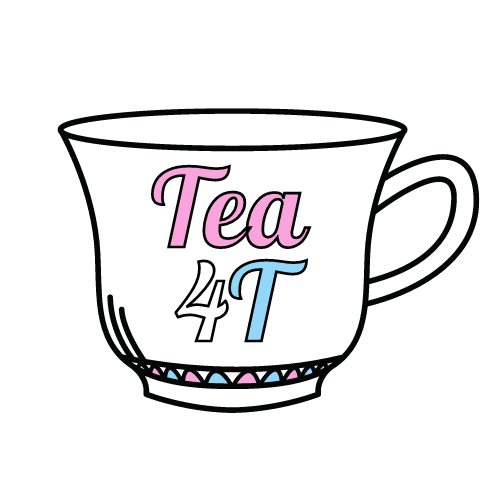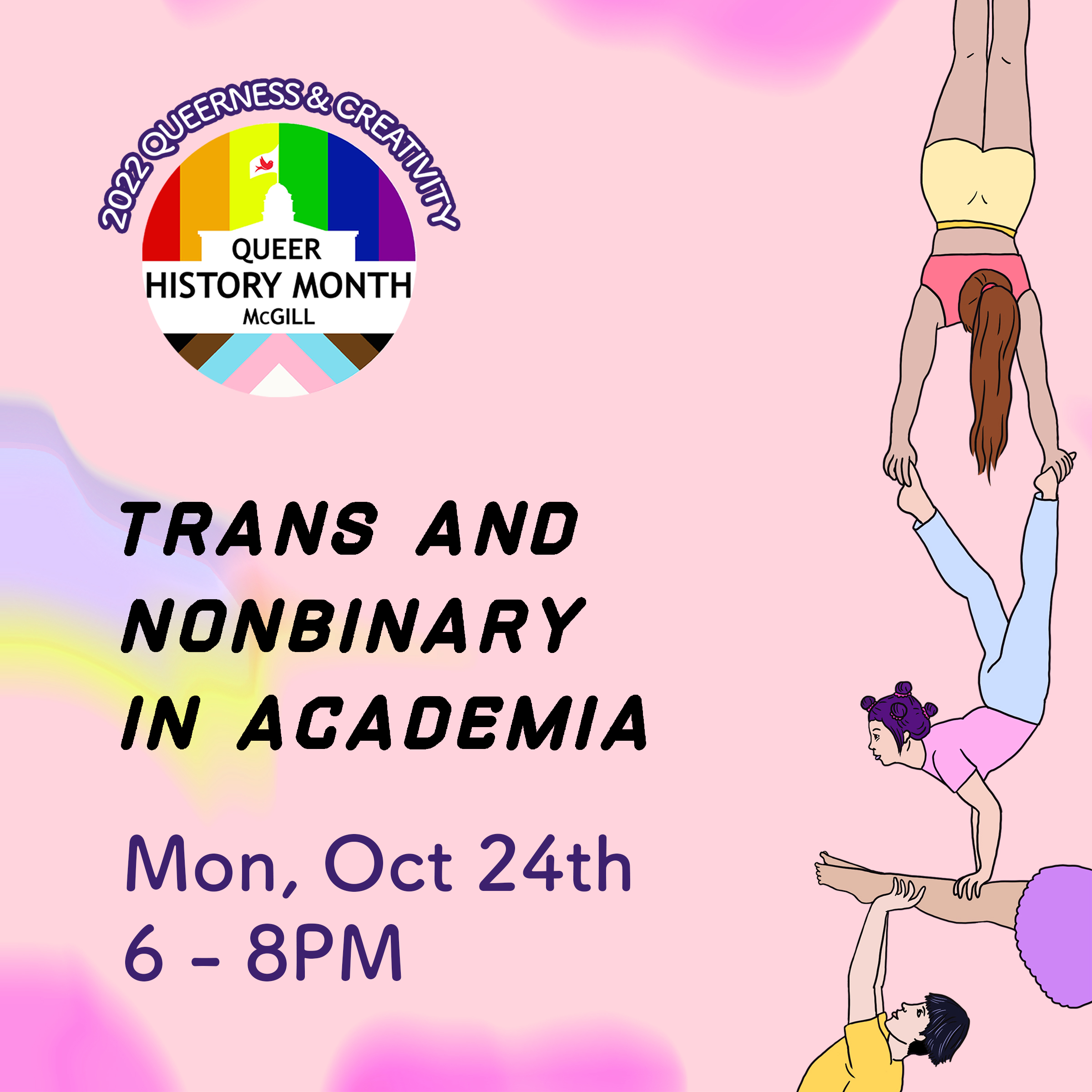Tea4T is a community initiative that hosts social events and workshops to build networks of friendship and support amongst trans and non-binary people, and to celebrate and empower our community.
Organized at McGill University in Montreal, we host closed events for trans, non-binary, gender non-conforming, and questioning people at McGill and in the wider Montreal community. These events are a mix of in-person (community dinners, exhibition visits) and online (trans vocal exploration workshops, Zoom dinners). We also organize the online Trans and Nonbinary in Academia workshop series, which brings together trans & non-binary panelists across the world to discuss their experiences in academia and share successes and strategies.
 Our events occur 2-3 times per academic semester and are free of charge for participants. Tea4T activities are funded by the McGill Office of the Provost and Executive Vice-President (Academic) and donors from the Montreal 2SLGBTQIA+ community.
Our events occur 2-3 times per academic semester and are free of charge for participants. Tea4T activities are funded by the McGill Office of the Provost and Executive Vice-President (Academic) and donors from the Montreal 2SLGBTQIA+ community.
Tea4T's in-person events take place on Tiohtiá:ke (Montreal), land which has long served as a site of meeting and exchange amongst Indigenous peoples, including the Haudenosaunee and Anishinabeg nations. We acknowledge and thank the diverse Indigenous peoples whose presence marks this land on which people of the world now gather.
To be notified of new events, please send us a request to join our closed Tea4T Facebook Group or email andrea.clegg [at] mcgill.ca.